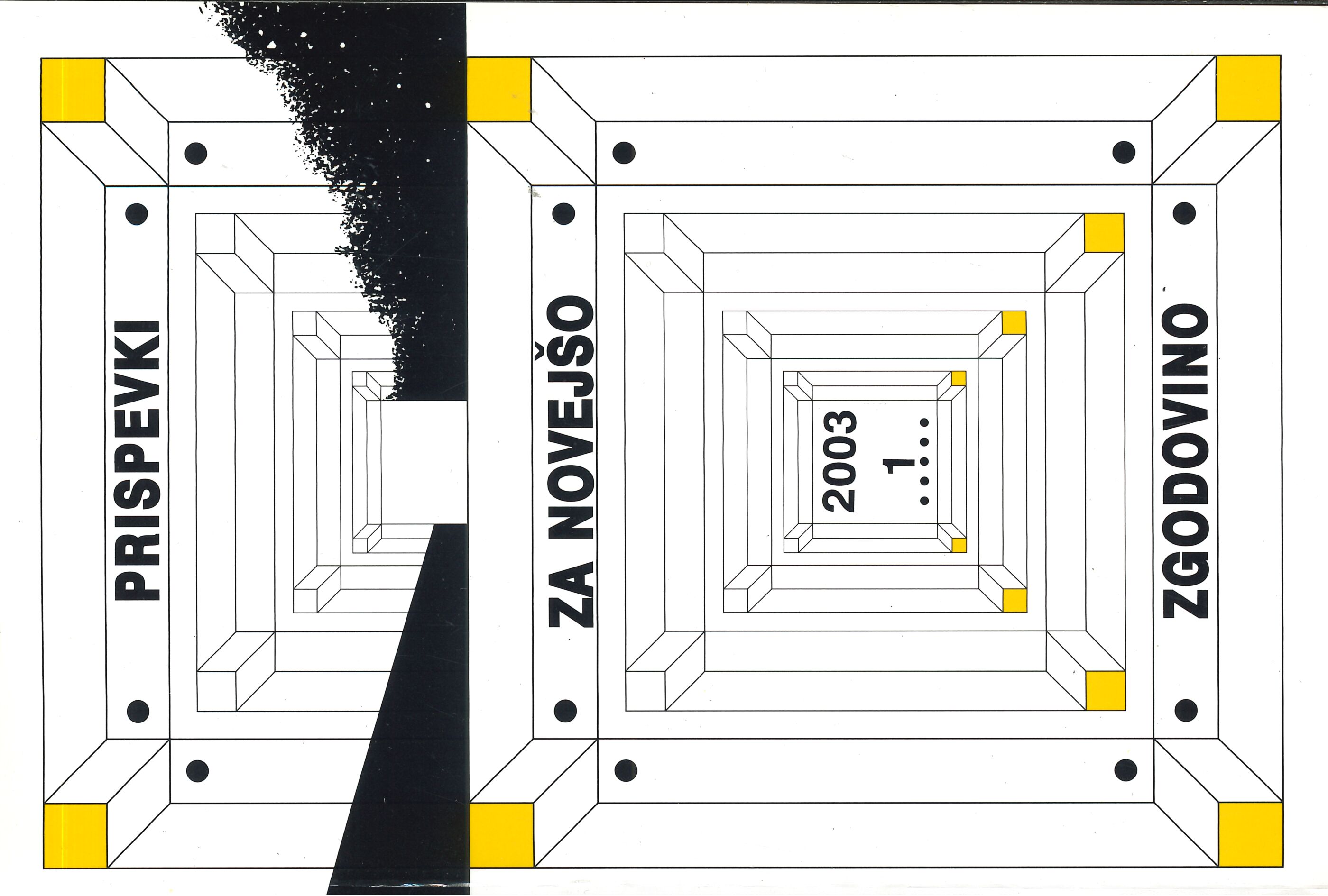The Polemics between Ušeničnik and Rostohar Regarding Religion, Nationality and Ethics in 1912 and 1913
Keywords:
nationality, religion, ethics, Slovenes, Christianity, Catholicism, national radicalism, atheismAbstract
The paper deals with the polemics on religion and nationality, and on nationality and ethics, which were exchanged in 1912 and 1913 between Dr Aleš Ušeničnik, the most important Slovene Catholic philosopher in the first half of the nineteenth century, and Dr Mihajlo Rostohar, philosopher and founder of Slovene psychology, who defended liberal world views. The two disputants considered the conflict of values between religious and national interests on the basis of their exclusivist views on nationality and religion. Ušeničnik placed religious interests before national, whilst Rostohar put the national before religious. Ušeničnik saw the ethical basis of human existence in religion, and Rostohar in nationality. Devotion to their ideologies led them to a consistent rejection of the opponent's arguments. The above polemics between the representatives of the two main ideological orientations in Slovenia from the beginning of the twentieth century, proves that, ideologically, the Slovenes entered the century as a deeply divided nation to whom the coexistence of different ideologies was an obvious mental and existential problem.
Downloads
Published
Issue
Section
License
Authors who publish with this journal agree to the following terms:
- Authors retain copyright and grant the journal right of first publication with the work simultaneously licensed under a Creative Commons Attribution License that allows others to share the work with an acknowledgement of the work's authorship and initial publication in this journal.
- Authors are able to enter into separate, additional contractual arrangements for the non-exclusive distribution of the journal's published version of the work (e.g., post it to an institutional repository or publish it in a book), with an acknowledgement of its initial publication in this journal.
- Authors are permitted and encouraged to post their work online (e.g., in institutional repositories or on their website) prior to and during the submission process, as it can lead to productive exchanges, as well as earlier and greater citation of published work (See The Effect of Open Access).


